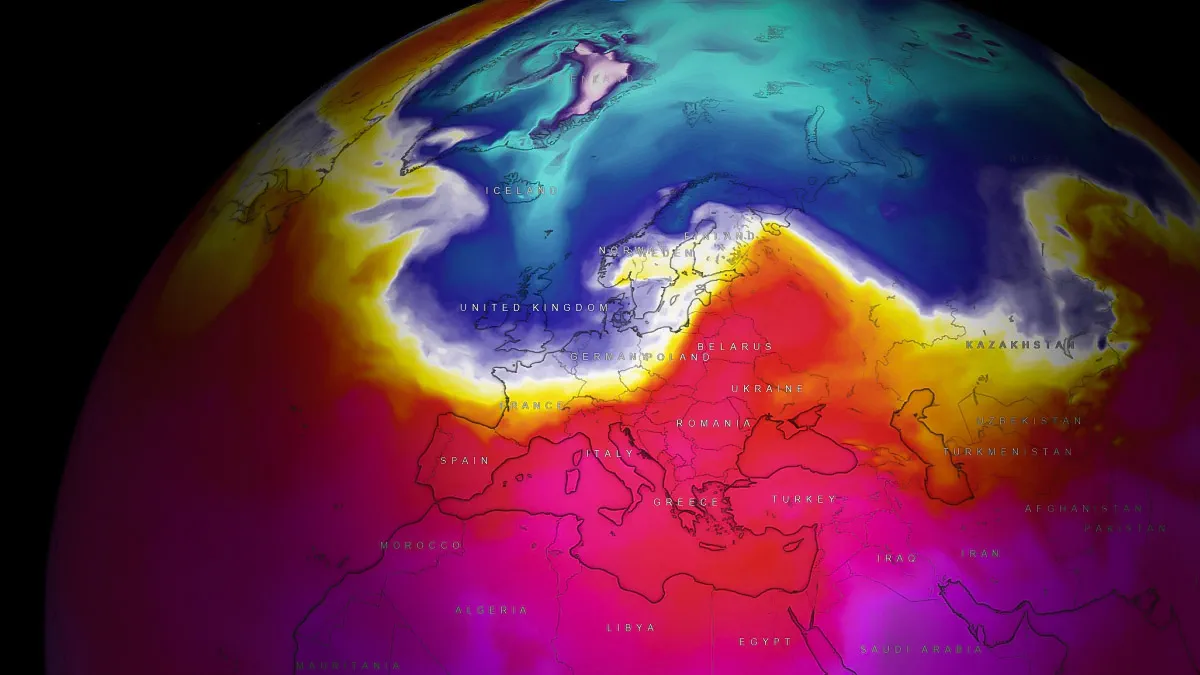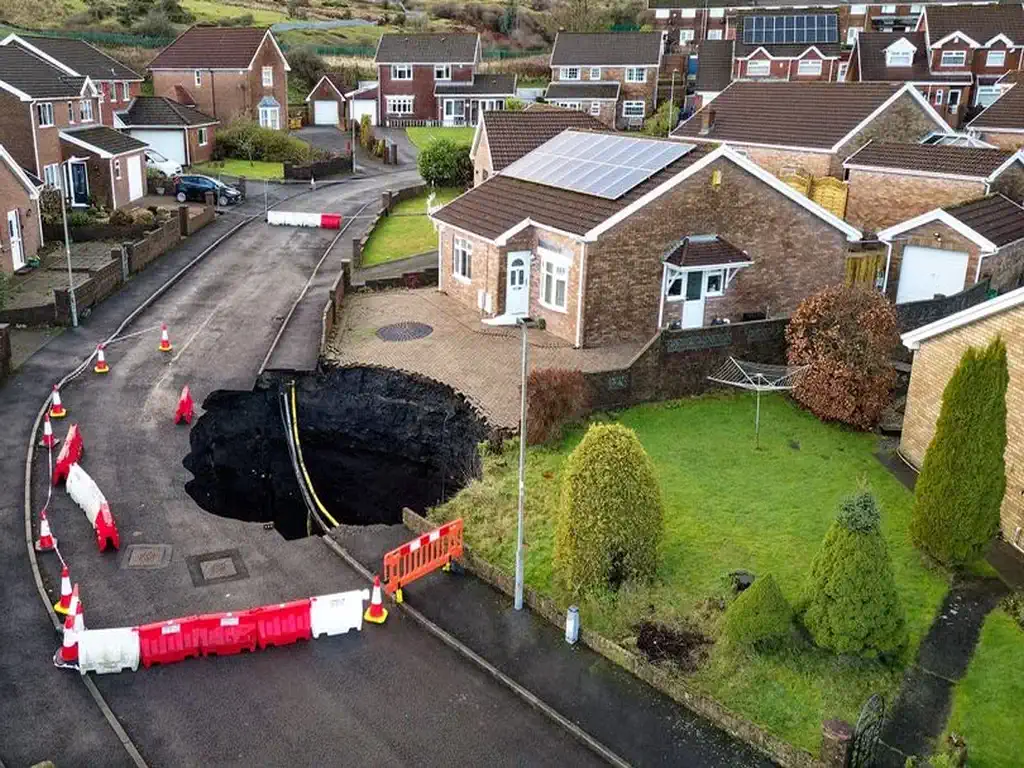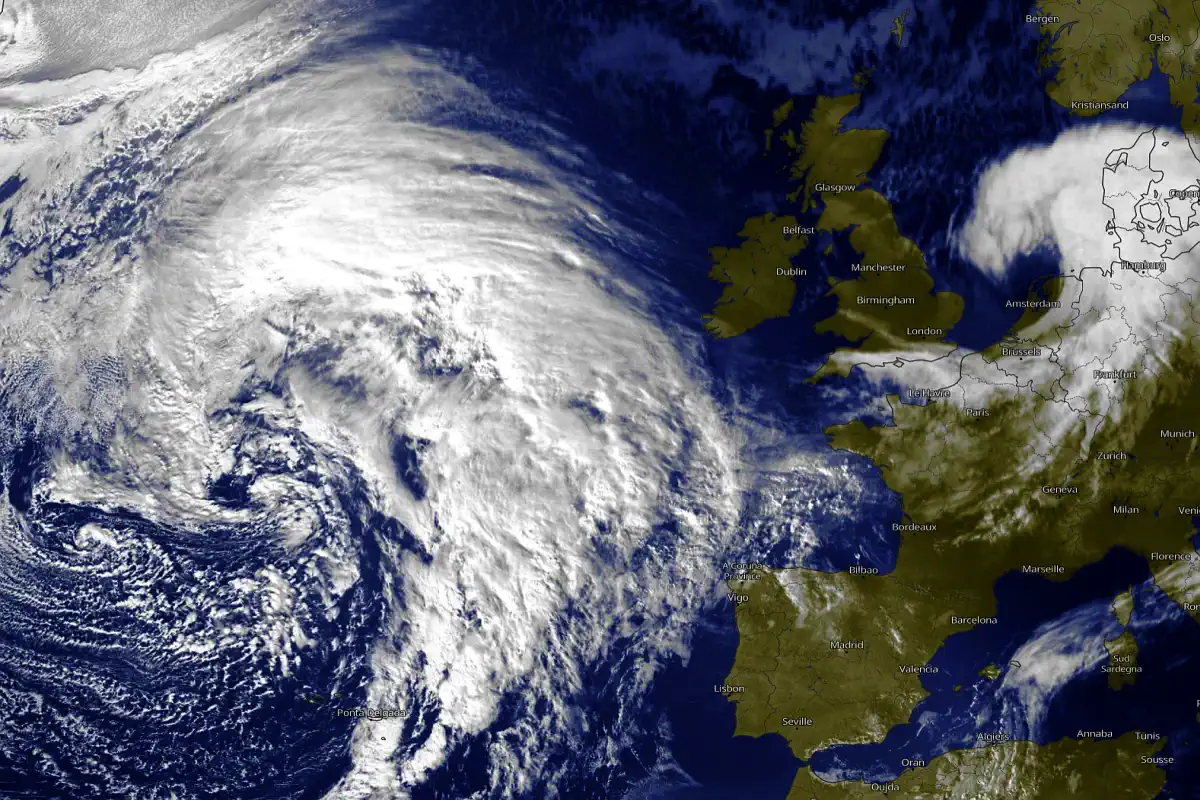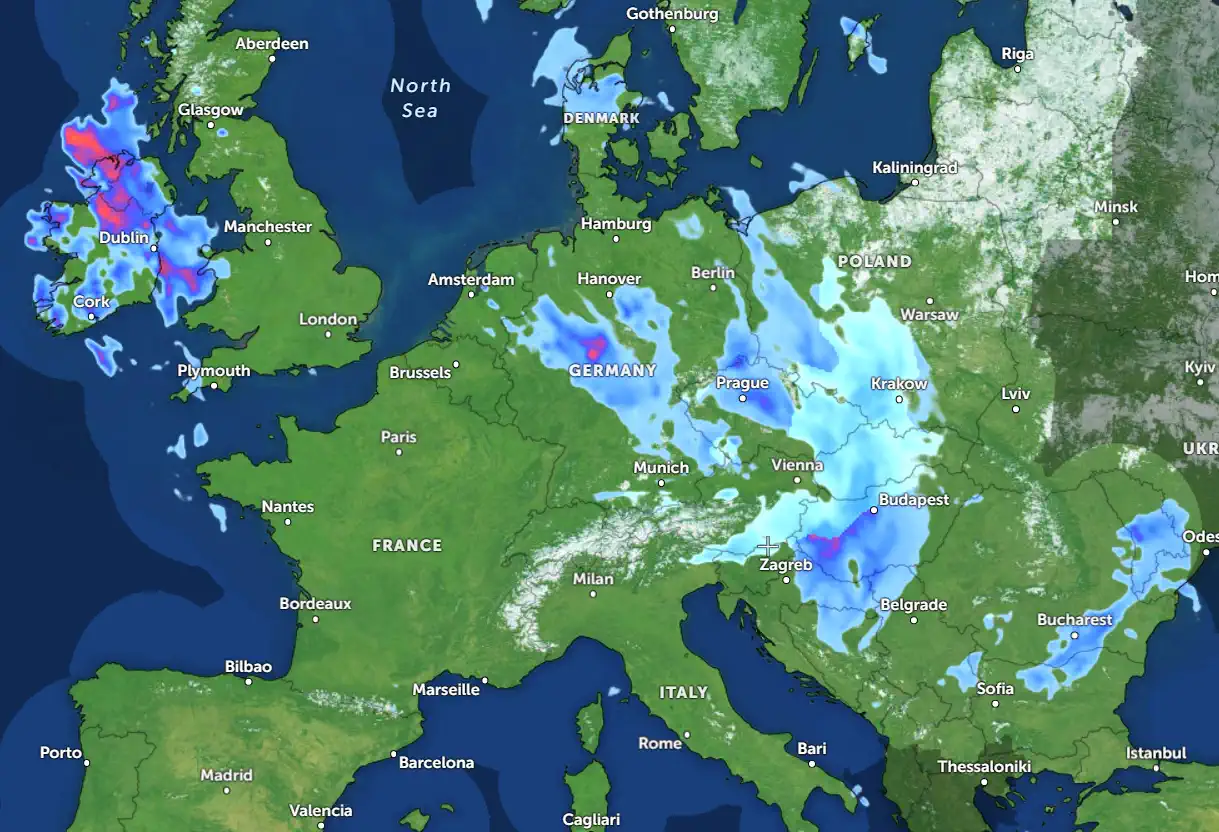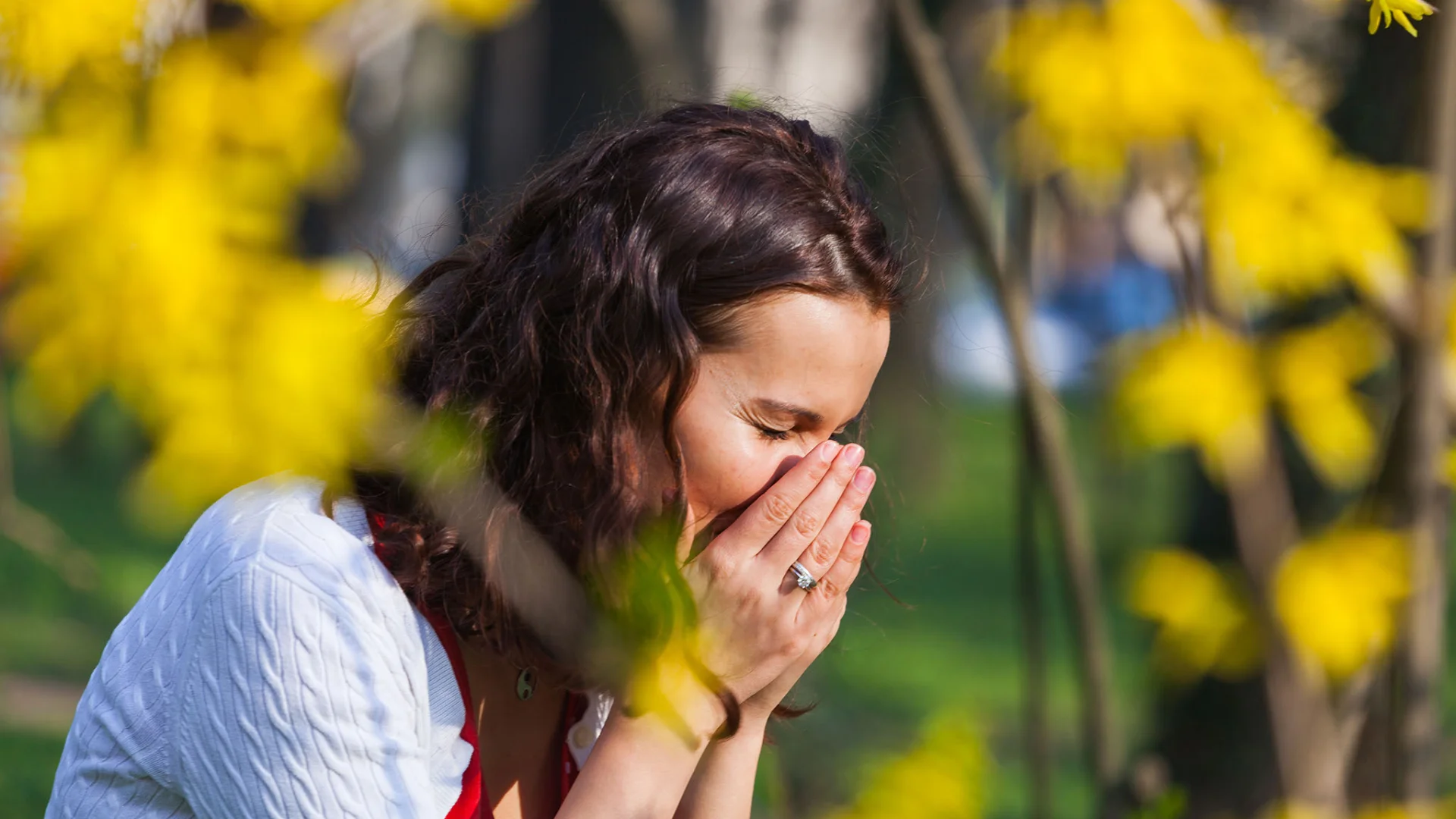
UK Hay fever may get worse due to climate change, says Met Office.
Warning comes as 12 areas of UK put on red alert for ‘very high' pollen levels.
Demand for the health service's hay fever web pages have increased by 252% in the past few weeks as the grass pollen season has got underway and the UK has enjoyed its first signs of summer.
High temperatures, stormy weather and a peak in grass pollen has prompted warnings since the weekend about the risk of a pollen bomb and a rare phenomenon called ‘thunderstorm asthma' in which storms break up pollen fragments that can cause sudden and severe attacks in sufferers.
Hay fever, also known as allergic rhinitis, affects many people across the United Kingdom. Especially during the spring and summer seasons. By understanding its onset, symptoms, and effective treatment plan, we can walk through the pollen-filled days with greater ease and comfort. So, let's check the latest pollen forecast from the Met Office UK in order to identify areas with high and very high pollen levels. And discuss how we can manage UK hay fever.
When Does UK Hay Fever Start?
UK Hay fever typically begins in late March and can last until September. It coincides with the release of pollen from various plants: including trees, grasses, and weeds. During this time, many people in the UK experience symptoms, such as sneezing, nasal congestion and itchy eyes due to their allergic reactions to pollen. Some individuals may face additional discomforts like hay fever headaches, sinus issues, or even nosebleeds due to the constant irritation of their nasal passages. Moreover, hay fever can induce somnolence, affecting concentration and productivity.
UK Pollen Forecast for the Upcoming Days.
To stay informed about pollen levels, it's better to check the latest pollen forecast provided by the Met Office UK. At this moment, we are witnessing peak season for grass pollen, nettle, dock, and plantain pollen across West Midlands, London, South East England, South West England, and Wales. It will remain until Saturday, lowering a bit to a high level on weekends.
High pollen levels occurred across East of England and North West of England. Starting from Friday, the ninth of June, Northern Ireland will be highly affected as well.
Low pollen level stays in Scotland. However, grass pollen is on the rise.
To relieve hay fever symptoms and improve your overall well-being during this pollen-heavy period, consider the following management strategies.
How we can reduce the exposure?
Always check the daily pollen forecast and plan your outdoor activities accordingly. Try to avoid spending too much time outside when pollen levels are high.
Keep your windows closed, especially during early mornings and evenings when pollen counts tend to be higher.
After spending time outdoors, immediately change your clothes and wash your face and hands.
Do not forget to use personal protection. Wear sunglasses to protect your eyes from pollen and use saline nasal sprays.
What about the medications?
Over-the-counter antihistamines can help reduce sneezing, itching, and nasal congestion.
Eye drops formulated for hay fever can provide relief from itchy and watery eyes. It is better to consult a healthcare professional for advice on medications and treatment options for hay fever management. In severe cases, they may recommend allergen immunotherapy, commonly known as a hay fever jab. This treatment involves gradual exposure to allergens to reduce hay fever symptoms. Discuss with your healthcare provider whether allergen immunotherapy is a suitable option for you.
As the pollen count rises and the UK Hay fever season continues, it's important to understand its symptoms and make effective management strategies. By staying informed about the latest pollen forecast, you can plan your activities accordingly. Remember to reduce exposure, protect yourself, consider appropriate medications, and consult healthcare professionals for treatment options, such as hay fever jab. With proper management, you can enjoy the season and minimize the impact of hay fever symptoms on your daily life.
Chief forecaster and ideologist of the weather forecast service Pogodnik. Co-author of scientific articles and specialized content for various online media.


